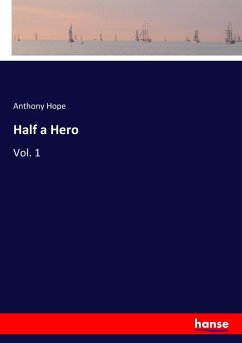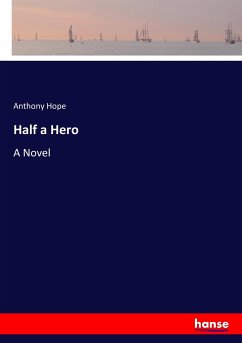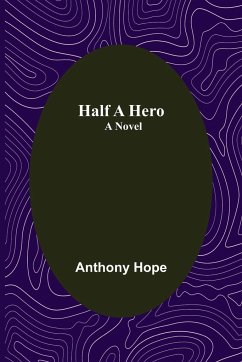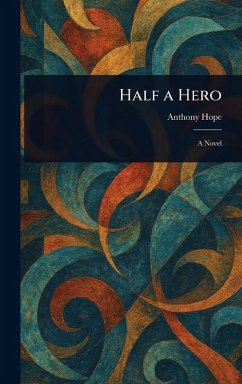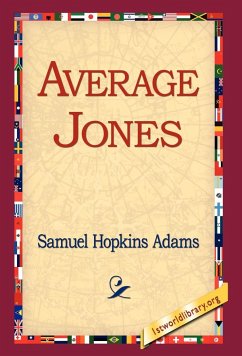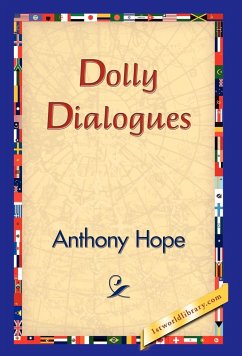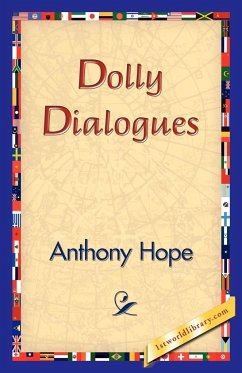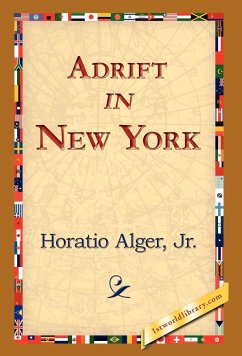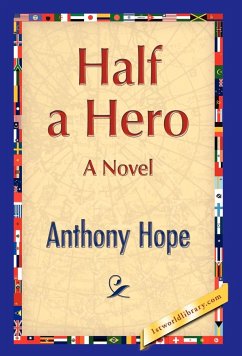
Half a Hero
Versandkostenfrei!
Versandfertig in über 4 Wochen
27,99 €
inkl. MwSt.
Weitere Ausgaben:

PAYBACK Punkte
14 °P sammeln!
In the garden the question was settled without serious difference of opinion. If Sir Robert Perry really could not go on-and Lady Eynesford was by no means prepared to concede even that-then Mr. Puttock, bourgeois as he was, or Mr. Coxon, conceited and priggish though he might be, must come in. At any rate, the one indisputable fact was the impossibility of Mr. Medland: this was, to Lady Eynesford's mind, axiomatic, and, in the safe privacy of her family circle (for Miss Scaife counted as one of the family, and Captain Heseltine and Mr. Flemyng did not count at all), she went so far as to decl...
In the garden the question was settled without serious difference of opinion. If Sir Robert Perry really could not go on-and Lady Eynesford was by no means prepared to concede even that-then Mr. Puttock, bourgeois as he was, or Mr. Coxon, conceited and priggish though he might be, must come in. At any rate, the one indisputable fact was the impossibility of Mr. Medland: this was, to Lady Eynesford's mind, axiomatic, and, in the safe privacy of her family circle (for Miss Scaife counted as one of the family, and Captain Heseltine and Mr. Flemyng did not count at all), she went so far as to declare that, let the Governor do as he would (in the inconceivable case of his being so foolish as to do anything of the kind), she at least would not receive Mr. Medland. Having launched this hypothetical thunderbolt, she asked Alicia Derosne to give her another cup of tea. Alicia poured out the tea, handed it to her sister-in-law, and asked,




